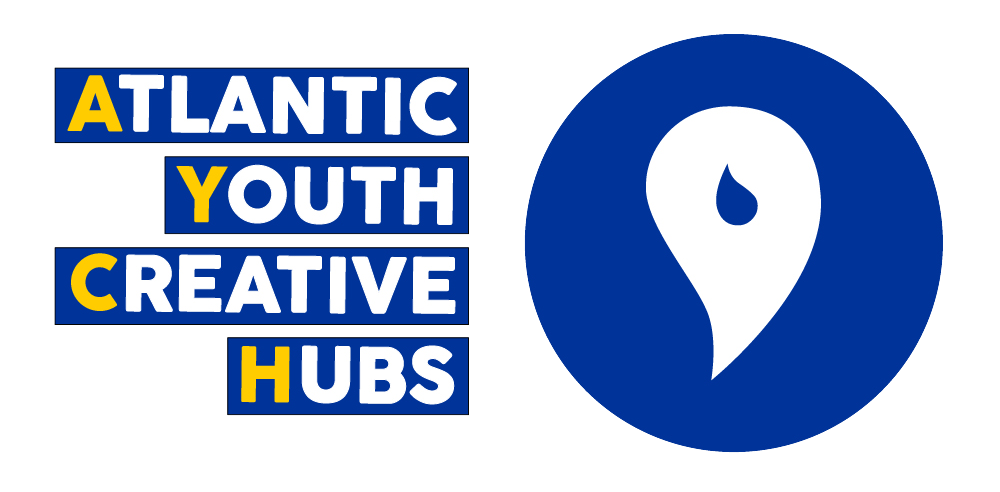Différences
Ci-dessous, les différences entre deux révisions de la page.
| Les deux révisions précédentes Révision précédente Prochaine révision | Révision précédente Prochaine révision Les deux révisions suivantes | ||
|
en:workshoptoolslabo [2019/12/09 16:34] hilda [Stranger Job] |
en:workshoptoolslabo [2019/12/12 10:02] hilda [Stranger Job] |
||
|---|---|---|---|
| Ligne 9: | Ligne 9: | ||
| [[en:strangerjobs|Stranger Job]] is a speculative design tool created by the City design lab students Benjamin Garnier, Louise Bragard, Jules Riché, Marguerite Gueret and Maurine Guingamp. The tool, in the form of a serious game, aims at fostering participant's creativity by setting the game into a near-future. The participants are then free to imagine the future as they would like it or not to be. They will then have to create the job(s) of the future. | [[en:strangerjobs|Stranger Job]] is a speculative design tool created by the City design lab students Benjamin Garnier, Louise Bragard, Jules Riché, Marguerite Gueret and Maurine Guingamp. The tool, in the form of a serious game, aims at fostering participant's creativity by setting the game into a near-future. The participants are then free to imagine the future as they would like it or not to be. They will then have to create the job(s) of the future. | ||
| - | === The creative process=== | + | === The creative process === |
| + | |||
| + | Stranger Job is inspired by the first speculative design game developed by AYCH: AYCH Future cities. The driving principle for the creation process of the tool is simple and powerful: set the participants in the near future and push them to think differently as a group. In this sense, the different steps of the game should challenge and guide through the participants in the conception of that future and accordingly, imagine the job of the future. | ||
| + | |||
| + | Creating a tool for fostering collective intelligence requires collective intelligence. In this sense, collaboration with the Brest partners was a key element of the tool creation process. Constant exchanges of ideas through a sharing platform nourished the first versions of the tool. | ||
| + | |||
| + | Another key element of the tool is that it is context-specific. Although it sets the participants in a fiction future, the future happens in a precise place. | ||



